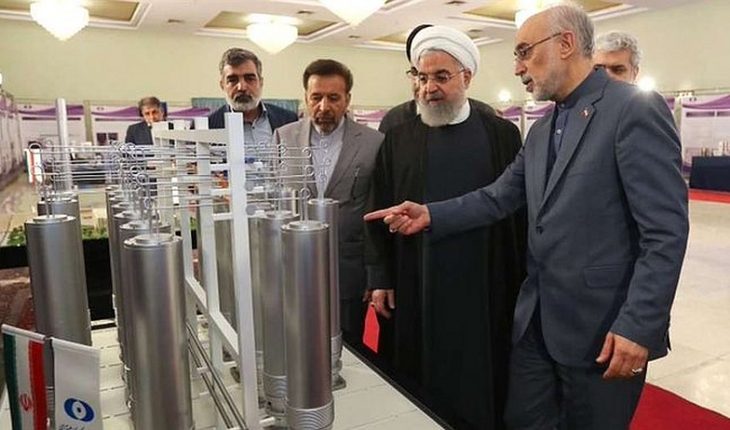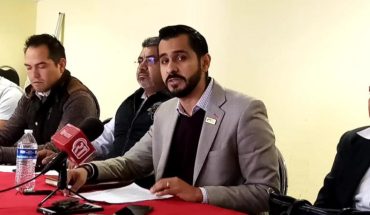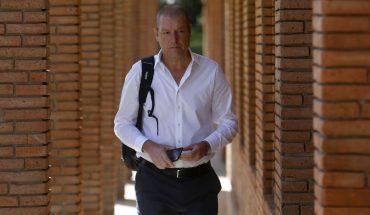Iran will begin giving UN inspectors “less access” to its nuclear program as part of its campaign to pressure the West, although researchers will still be able to oversee Tehran’s work, Rafael Grossi, director of the UN’s atomic oversight agency, reported on Sunday. Grossi made his comments after returning from an emergency trip to Iran, in which he noted that the International Atomic Energy Agency reached a “technical understanding” with Tehran to continue to allow oversight of its nuclear program for up to three months. But in their statements to reporters, it became clear that the opportunity for the United States and other countries to reach agreements with Iran, which is already enriching and storing uranium at much higher levels than allowed in its nuclear agreement reached with world powers in 2015, is diminishing.” The IAEA’s hope has been to stabilize a situation that was very unstable,” Grossi said at the airport after returning to Vienna, where the agency’s headquarters are located. “I believe that this technical understanding is achieved in such a way that other political consultations can be engaged at other levels and, above all, to avoid a situation in which we would have been, for practical purposes, flying blindly.” Grossi did not provide much detail on the agreement he had reached with the Iranian authorities. He said the number of inspectors in the territory would remain the same, but that “what changes is the type of activity” that the agency could carry out, without commenting more on it. He noted that oversight would continue “satisfactorily”. For his part, Iran’s Foreign Minister Javad Zarif, who on behalf of President Hassan Ruhani helped bring the agreement to fruit line, said the IAEA would not be able to access its camera shots at nuclear sites. The minister provided this information during an interview with state television on Sunday, before his meeting with Grossi.” This is not a deadline for the world. It’s not an ultimatum,” Zarif told state television press TV. “This is an internal matter between Parliament and the government” of the nation.” We have a democracy. We’re supposed to implement the laws of the country. And Parliament adopted a law, whether we like it or not,” he added. Zarif’s comments represent the highest-level recognition to date than Iran plans to do when it ceases to comply with the so-called “Additional Protocol,” a confidential agreement tehran reached with the IAEA as part of the 2015 nuclear deal. The IAEA has additional protocols with several countries it oversees. Under protocol with Iran, the IAEA “collects and analyzes hundreds of thousands of images captured daily by its sophisticated surveillance cameras,” the agency said in 2017. He also indicated that he had placed “2,000 inviolable seals on nuclear material and equipment.” In his interview, Zarif said the authorities would be “required by law not to provide the tapes of those cameras.” At the moment it was unclear whether that also means the cameras would turn off completely. Zarif noted that it was “a technical decision, not a political decision.”
translated from Spanish: UN: Iran to allow “less access” to its atomic agenda
February 22, 2021 |





